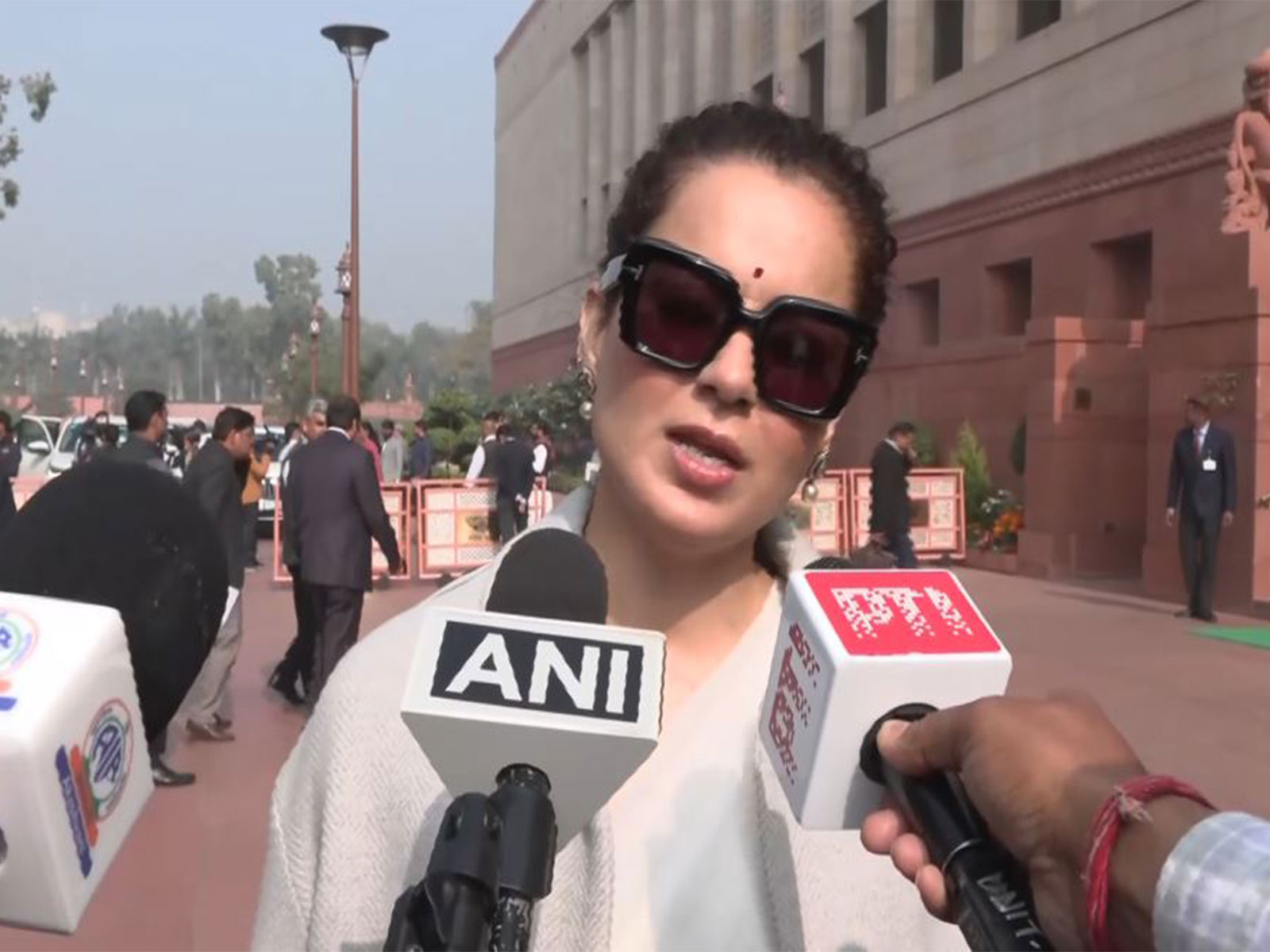In another setback for China, Swedish court upholds ban on tech giant Huawei
Jun 23, 2021

Stockholm [Sweden], July 23 : A Swedish court has upheld a ban on Chinese telecoms giant Huawei Technologies selling 5G equipment in the country, following Stockholm's decision to bar the company in October last year.
Sweden's regulator, the Post and Telecom Authority, banned the company along with its Chinese counterpart ZTE from the network in October because of security concerns on the recommendation of the nation's intelligence services. Huawei lost its initial appeal in December, reported South China Morning Post (SCMP).
A Huawei representative said that the company was 'disappointed' with the court's verdict, adding that it was "not the final ruling" on the company's case.
"We are currently studying the judgment and the court's reasoning to determine what further legal remedies to pursue to protect our legitimate rights and interests. Our door remains open to constructive dialogues with relevant parties to work out practical solutions to mitigate any security concern," said a statement from the company.
It added that the regulator had "failed to produce any facts or evidence to demonstrate that Huawei's equipment has technical security issues".
This is the latest blow to Huawei's European plans after a series of bans in the continent. The company was banned from taking part in Romania's 5G roll-out, also citing security risks, reported SCMP.
Last year, the UK had banned the installation of Huawei 5G equipment starting in September 2021 and further ordered Huawei to be phased out of its 5G network by 2027, following in the footsteps of the US.
Other European countries, including France and Germany, have mulled a ban on Huawei. Last July, the EU encouraged member states to stop using suppliers that may add to cybersecurity risks, a move that was widely seen as targeting Chinese firms.
However, the Swedish court's decision to uphold the ban will stoke speculation that Swedish giant Ericsson, both a competitor and a customer of Huawei, will face retaliation in China, according to SCMP.
In response to questions about the Swedish ban of Huawei and ZTE, China had said in January that it would "take all necessary measures" to defend its companies overseas.
"We urge Sweden to immediately correct its approach, considering the overall position of economic and trade cooperation between the two countries, and meet China halfway to find a workable solution," said former foreign ministry spokesman Gao Feng.
According to Swedish media, Ericsson's chief executive had lobbied Anna Hallberg, the country's trade minister, after the ban on Huawei, to say the ban would be 'bad for Ericsson' because it "singles out our Chinese competitor in a way no other EU country has done".
This also comes as Swedish companies faced blowback in China this year. Swedish clothing giant H&M saw a consumer boycott after it announced it would not use cotton from the Western Chinese region of Xinjiang because of the suspected use of forced labour.
"Even if the Chinese government didn't consciously try to send a signal to Sweden with the H&M boycott, people in Sweden noticed it - it was big news here. There is a general expectation that economic retaliation from China because of the Huawei case might be possible," said Bjorn Jerden, director of the Swedish National China Centre.
Earlier this month, the Biden administration included Huawei on a list of 59 Chinese firms it said had ties to China's military or surveillance industries, barring US entities from investing in them.
"With China increasingly represented by Wolf Warrior diplomats, Huawei's reassurance that its roles in critical infrastructures - including 5G - do not look sufficiently reassuring to democracies that are not friends of Trump," said Steve Tsang, director of the China Institute at the School of Oriental and African Studies in London.
The US Innovation and Competition Act that has earmarked USD 54.2 billion towards shoring up America's competence on a number of technological fronts, has left out China's Huawei Technologies on a list of restricted entities, banning it from gaining access to US hardware and software.


















